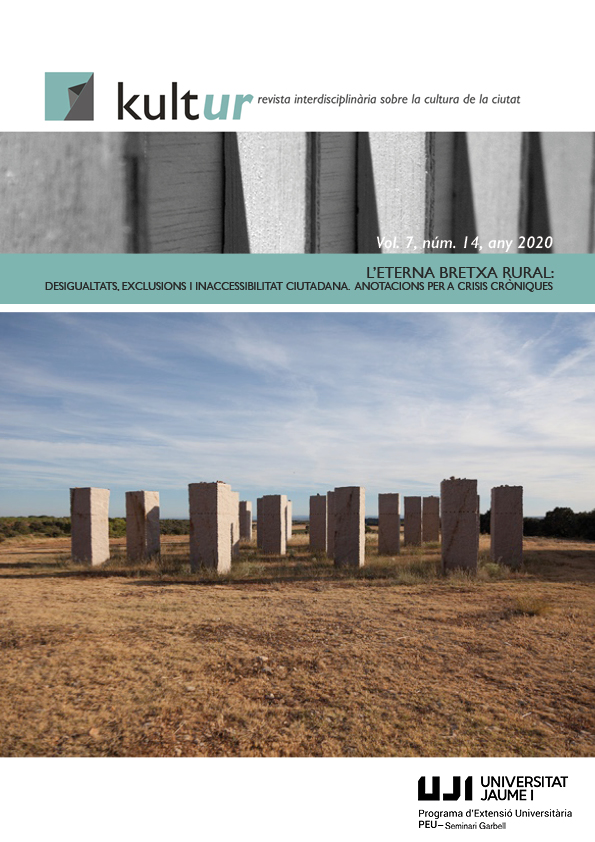Construction of citizenship in family farming. Some reflections on the case of Argentina (2004–2019)
Main Article Content
Abstract
The term family farming covers a range of diverse subjects, depending on historical, socio-productive, cultural and political circumstances. In this paper the Argentine case is approached from a political perspective: the concept of citizenship in the rural setting is discussed with reference to a fixed period of time (2004–2019). During these years, family farming has appeared in different ways in different political contexts, but always posed as a contentious category. The aim of this paper is to understand the conflict in this time frame within the developing agribusiness context. Our hypothesis is that, despite the increasing relevance of family farming in the sphere of state policies, the clash between this model and the current production system creates an obstacle that negatively impacts the development of citizenship for family farmers. A qualitative methodological strategy was adopted, based on three types of analytical resources: a) specific previous studies on the issue of family farming as a political category, b) in-depth interviews conducted over time with officials, extension technicians and producers, and c) a variety of official documents.
Downloads
Article Details
All the contents of kult-ur journal are distributed under the Creative Commons Attribution-ShareAlike 4.0 International (CC BY-SA 4.0), unless otherwise indicated. Click to see basic information and the legal text of the license. The indication of this license CC BY-SA 4.0 must be expressly stated in this way when necessary.



.png)